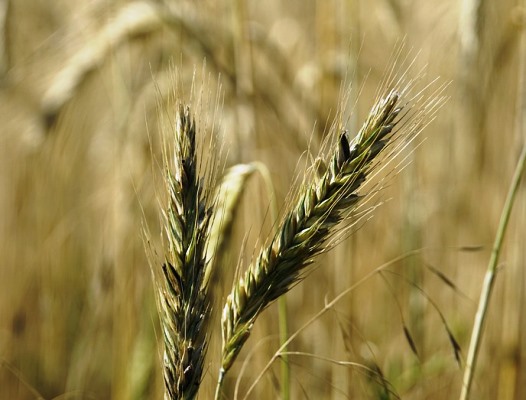In a recent statement on ergot alkaloids, the German Federal Office for Risk Assessment (BfR) has advocated lowering the maximum levels in certain cereal products.
Ergot alkaloids are toxic compounds found in the ergot fungus (Claviceps spp.), which can form so-called sclerotia in cereal ears and grasses, especially in wet years (see photo). If the ergot is not completely removed during the pre-cleaning of the grain before the milling process, the alkaloids can get into the flour and cause both acute and chronic health problems.
In January 2022, set maximum levels for ergot alkaloids in milled cereal products as well as in cereal grains, wheat gluten and processed cereal-based foods for infants and young children across Europe for the first time.
In a new (in German), the BfR concludes that short-term adverse health effects in children from the consumption of rye products are hypothetically possible, but long-term effects seem unlikely. For oats, processed cereal foods and wheat gluten, no assessment could yet be made due to insufficient data.
The BfR recommends a reduction of the maximum levels for ergot alkaloids for highly milled, light flours from barley, oats, wheat and spelt as well as for rye products. Whether this should also be recommended for wholemeal products and dark flours is the subject of further investigation.
YOUR PLUS: AGROLAB laboratories routinely test cereals, milled cereal products and products made from them for compliance with maximum residue levels. We test a total of 12 individual components* as well as their sum with a limit of determination of 0.001 mg/kg each.
Author: Dr. Frank Mörsberger

 Contact
Contact

 Contact
Contact Career
Career